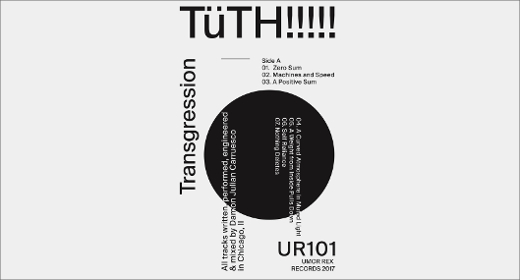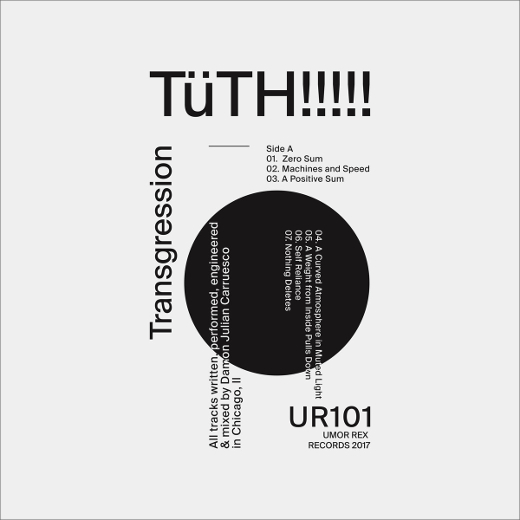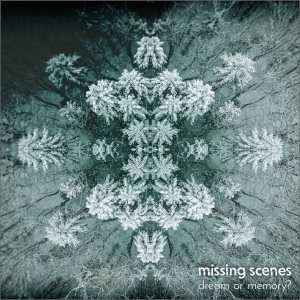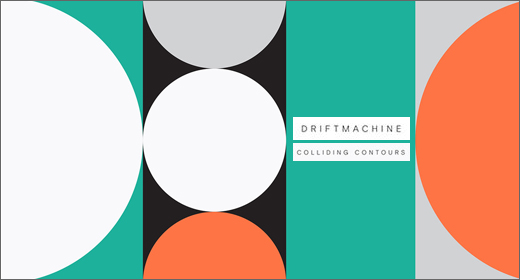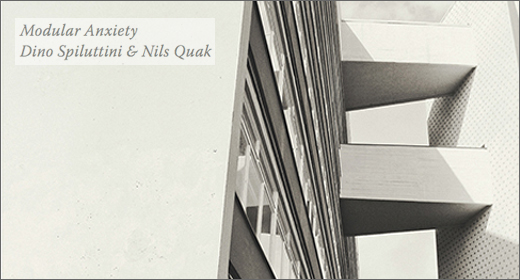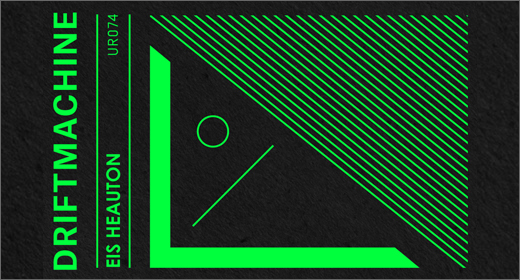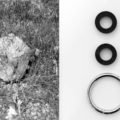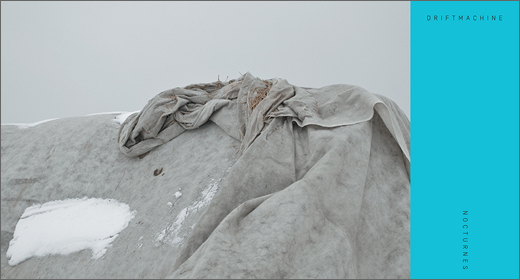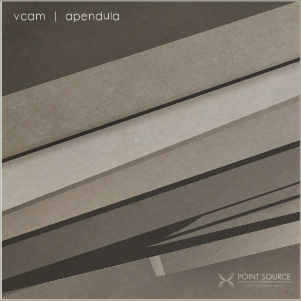Sometimes, a release falls into your hands which has only magic about it; hearing the first bars, the long and guttural machine cough which it gives out, you close your eyes in anticipation. Transgression transfixes itself within the body, crunching through the listening ear—alert, cunning, and yet almost intolerably gigantic. It is music both depersonalized and yet deeply subjective.
Sometimes, a release falls into your hands which has only magic about it; hearing the first bars, the long and guttural machine cough which it gives out, you close your eyes in anticipation.
I closed my eyes.
Transgression, the new release by TüTH (Damon Carruesco, former bassist for Chicago minimalist rockers Disappears), is exactly wielding in that kind of magic. In renaissance painting, they talked of chiaroscuro—the bleak and delving contrasts between spaces of light and dark. “Zero Sum,” the LPs first track, exploits exactly that punctuation between the vacated and the inhabited. Dizzy, buzzing saws of machine-sounds surge into a space occupied by reverberating, slow ambience and simmering keys. The sound is reminiscent of Tim Hecker’s Love Streams, the pounding grate of noise thrusting between delicacies of string and key.
It is an echoing and hard place. TüTH has been inspired by brutalist architecture, the often dismal—and formally entrancing—citadels of poured concrete which marked the post-war experiment in European and American architectural design. The keys punch and dapple like organ keys, flanged at their edges—dispersing into lapsed awe and silence. I can’t quite communicate how god-damned relieving it is to hear this; a sound so exactly exciting that I found myself listening in to it with the keenness of knowing this record will become a lifetime favorite, and not wanting to miss this experience of hearing it for the first time.
I closed my eyes.
Appropriately, it’s an industrial fabrication. Why shouldn’t music be inspired by urban landscapes—however devoid of subjects—than broad smears of sky? A horse with iron limbs, brushing the ground. Breathing. Clouds of smoke. It drags its body through the martyred rubble. Brutalist buildings remain stoic, even when they are being pulled down. And they are pulled down—it seems, I’m not sure—in greater volume than any other genre of architecture. The obsession with their construction is matched only by their proud and even frantic execution. If TüTH beckons toward brutalism, then it is a music corralled by fuses, recriminations, anger, love. How much emotion can you pour into a place, and have it not returned?
I open my eyes.
The tracks themselves speak to the myriad and dissecting languages which concrete, armored structures might express—numbers, summations, rigidities. Often, this is contained in their fluctuation between hysteria and solemnity. Like the drawling and gorgeous repetitions of Helm’s debut LP, Transgression transfixes itself within the body, crunching through the listening ear—alert, cunning, and yet almost intolerably gigantic. It is music both depersonalized and yet deeply subjective. We’re reminded that, while architecture begins both as raw material and ‘conveniently sized, and orderly documents’ (plans, blueprints, models), it ends as a physical presence within a human location. It attracts the human gaze. Transgression embodies exactly a variety of that gaze; a ‘looking into’ buildings which hold both scorn and a powerfully utopian promise. “Self Reliance,” toward the finale of the album, raises its tempo and pitch toward a more dynamic and optimistic timbre; the building can be equal parts beauty and beast.
TüTH’s own inspiration stems admittedly from Romanian composer Iancu Dumitrescu, whose compositions have explored the use of long tones that undergo often dramatic changes in timbre. Works such as “Spectrum for String Quartet (part 1)” demonstrate exactly a similarity through the interruption and accumulation of notes. Where Dimitrescu uses the string quartet, TüTH achieves similar—albeit wholly unique—sounds through digital and analogue technologies, generated through computer. Tracks such as “Nothing Deletes” exactly embody this rabid, gyrating poetics—an irregular beat undercuts a shuddering construction of metallic and digital expression. Like the unpredictable cellist of Dumitrescu’s “Spectrum,” knives of unexpected sound collapse into the mix, before tearing away.
Listening, you gain insight into the Chicago area’s concentration of modern architecture—the spoiled cores of Marina City, the repetitive hulk of the Science and Engineering Offices. Repetition, and immobile cladding, face off with the mobile and vulnerable lives which exist through and within these structures. As traffic roars on service roads, and acres of invisible electronic communication anger through the skies between them, “A Curved Atmosphere in Muted Light”—the midpoint of the album—secretes and groans layers of twanging synth and drilling noise. Harsh, ambient tones thrum and crackle across the mix. We find ourselves not listening to the voice of the building—for it has none—but the bouncing of a million sounds from its impregnable, yet beguiling, surface.
Transgression is available on Umor Rex.






